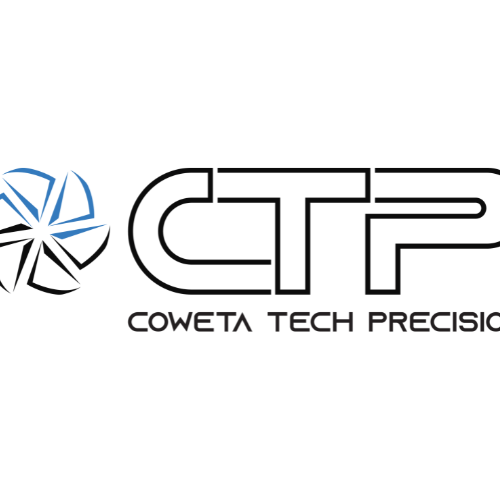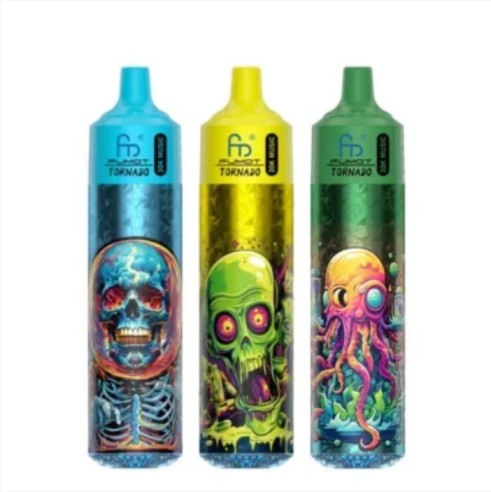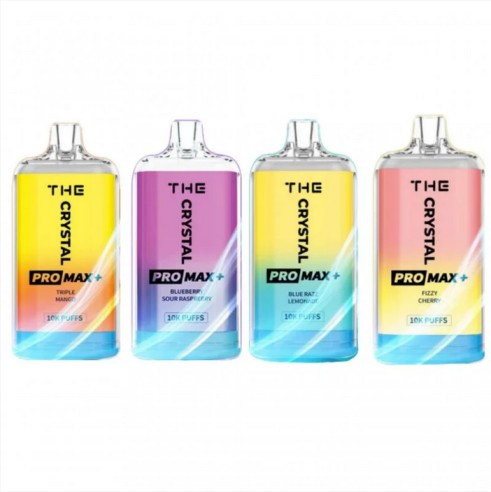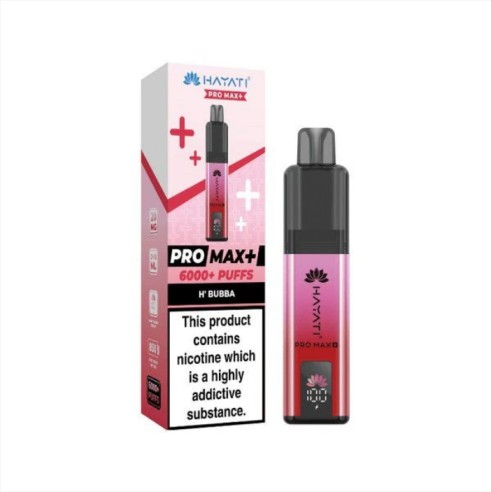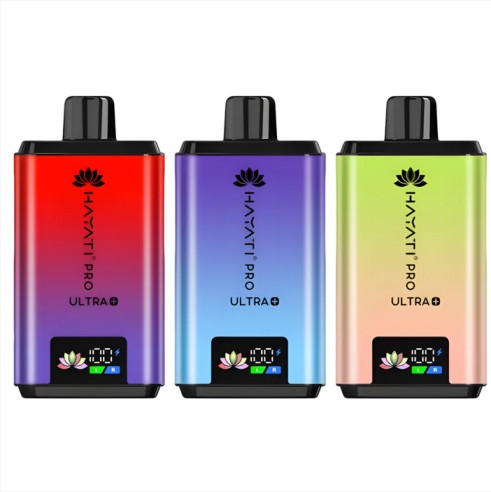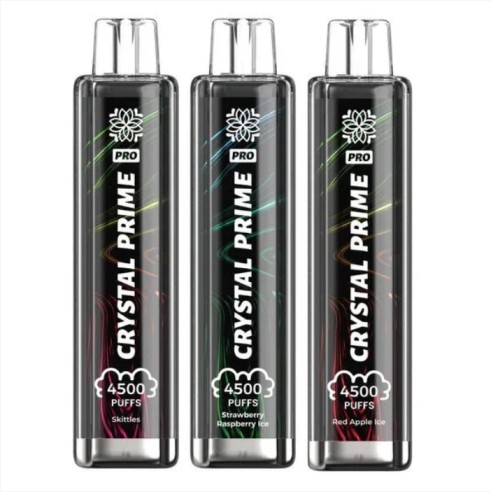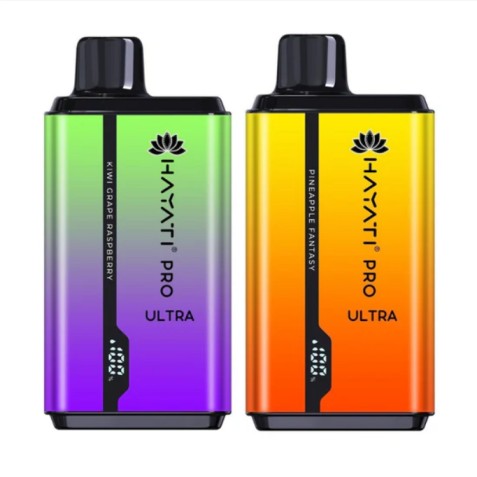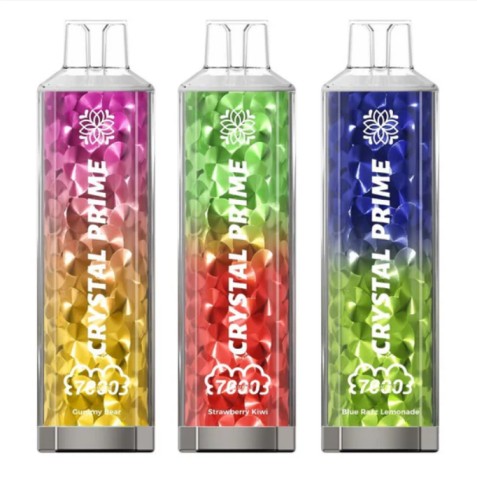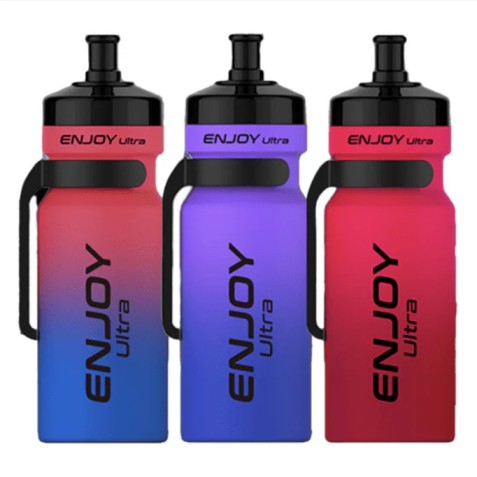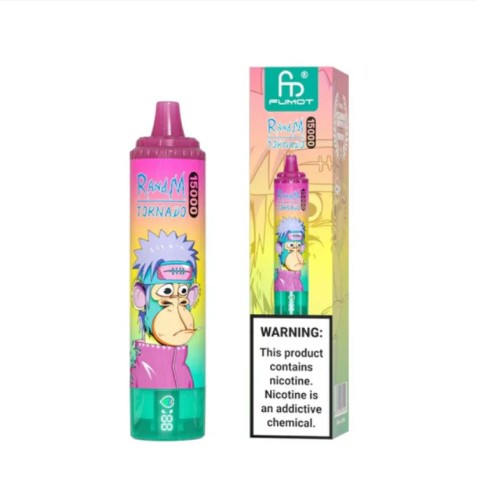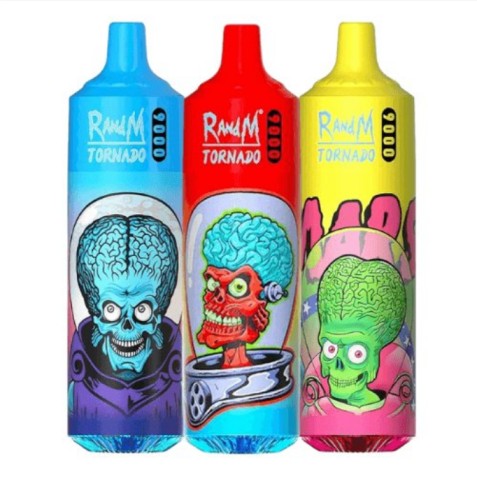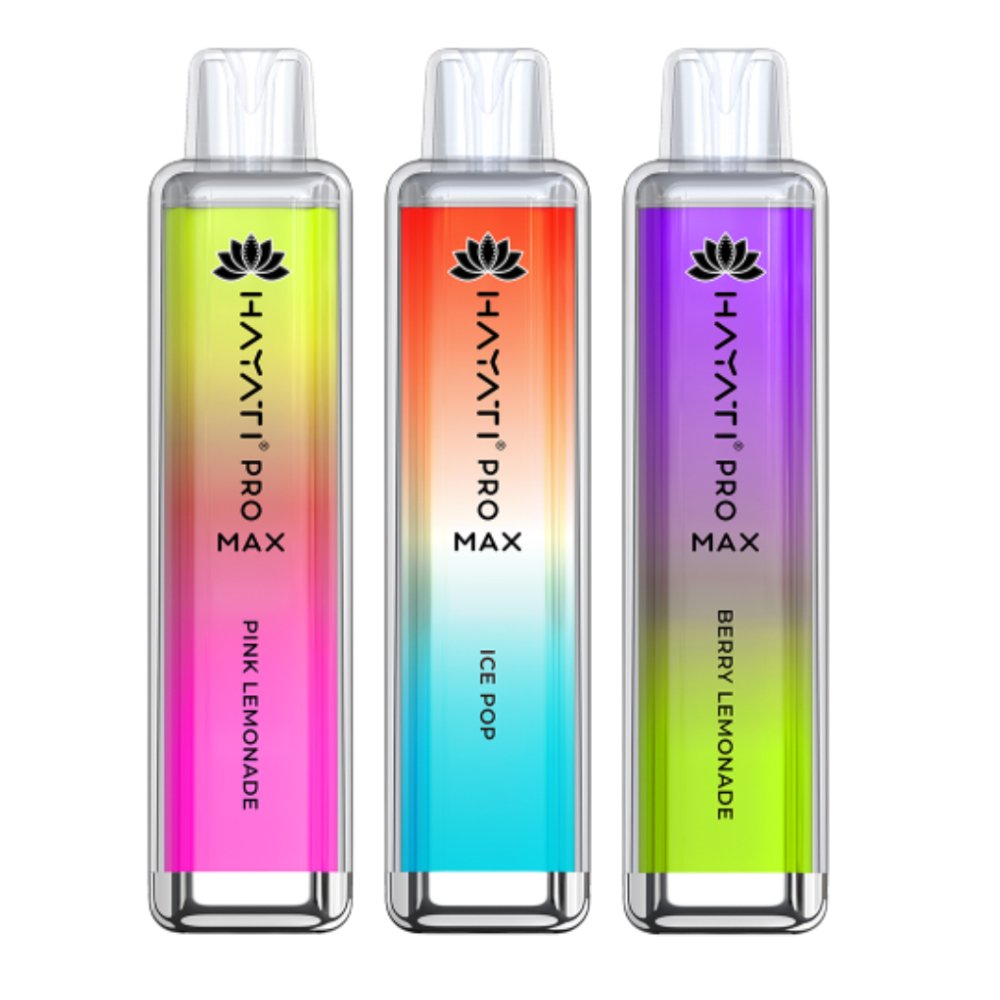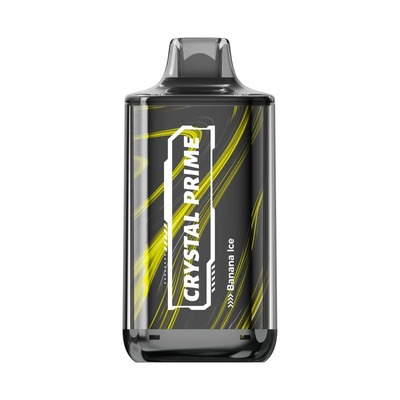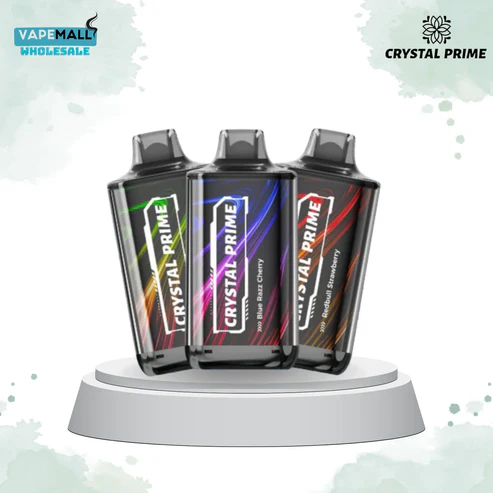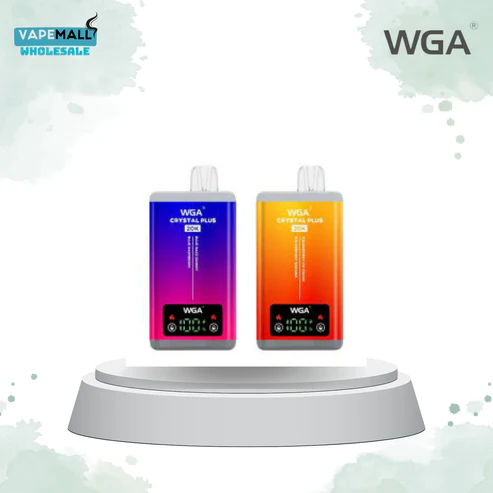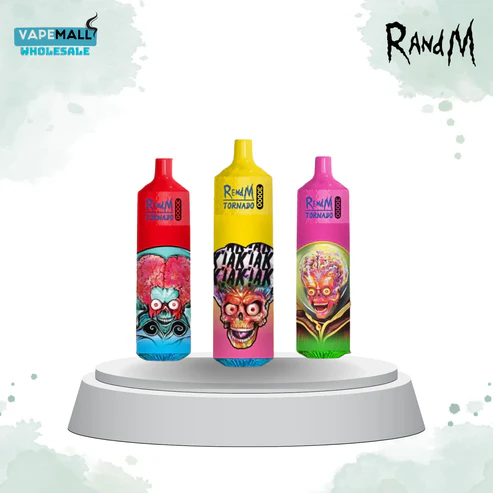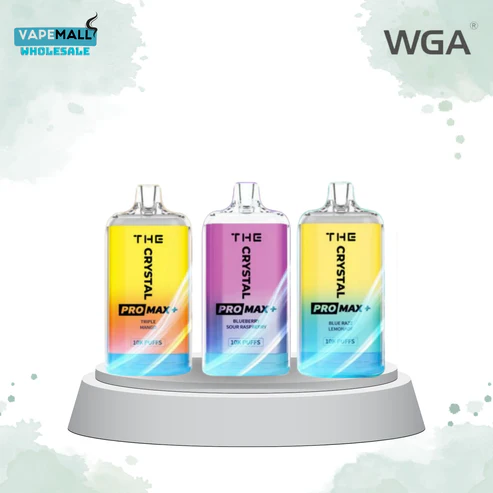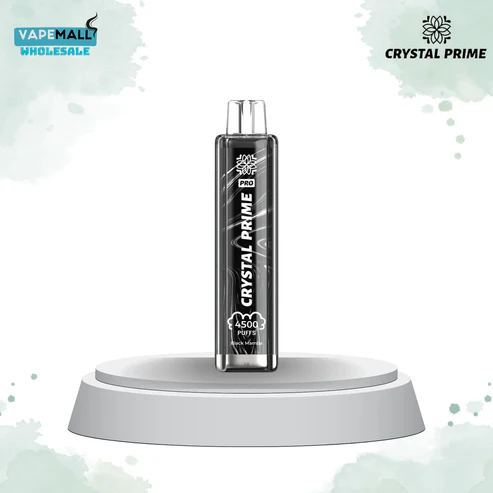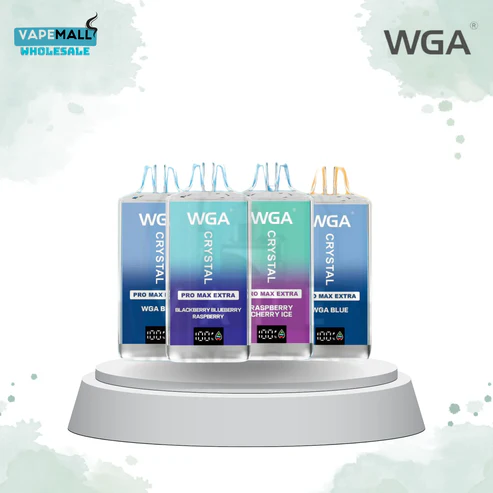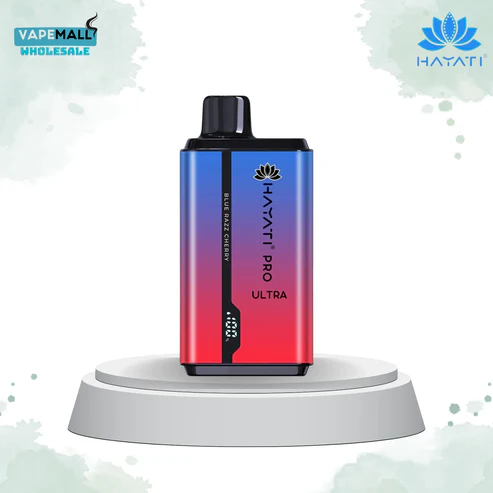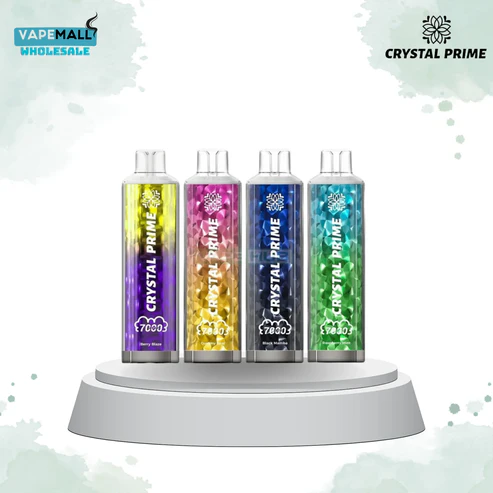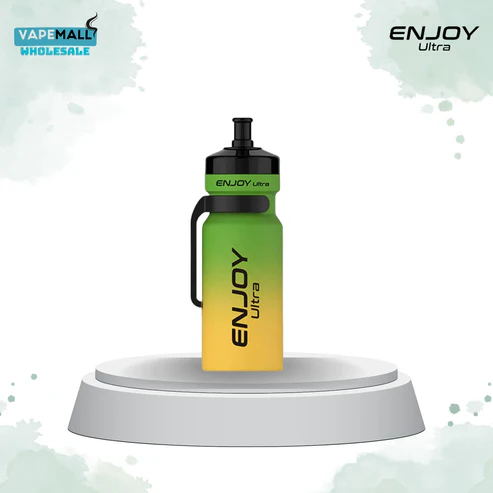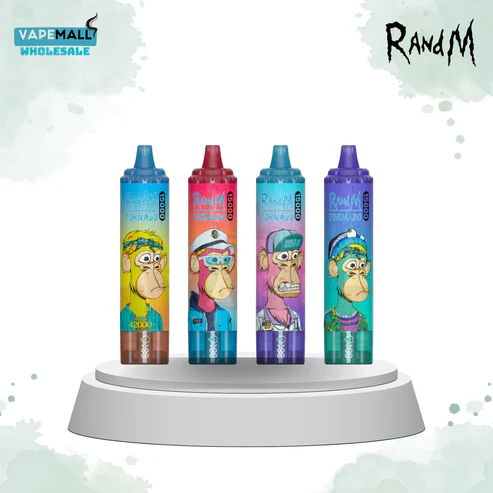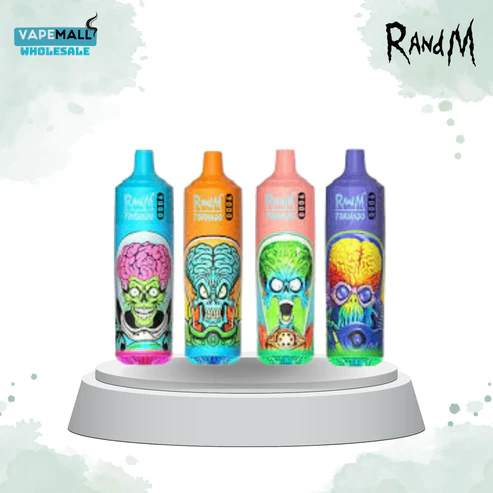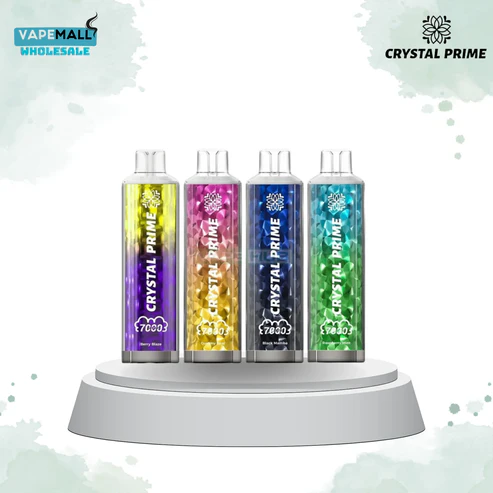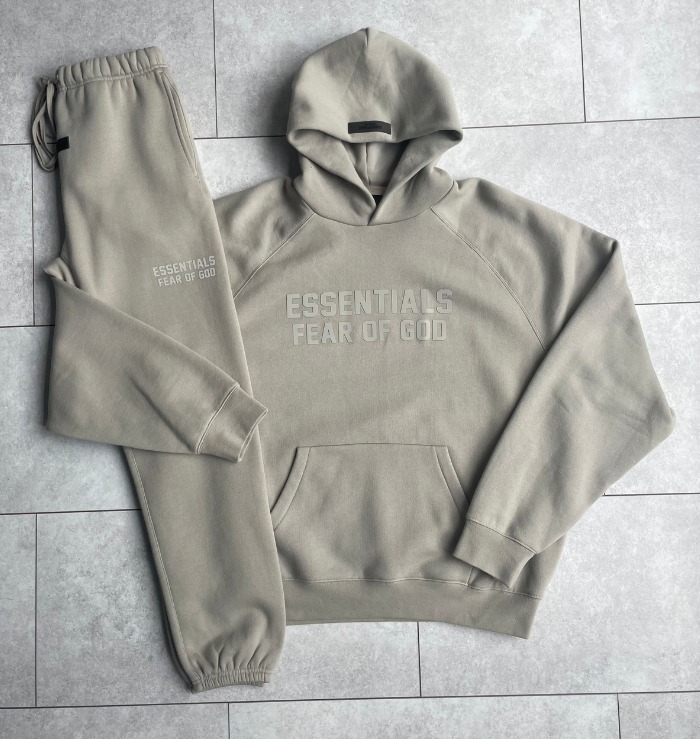Boost Your Home’s Energy Efficiency with Asphalt Shingle Roof
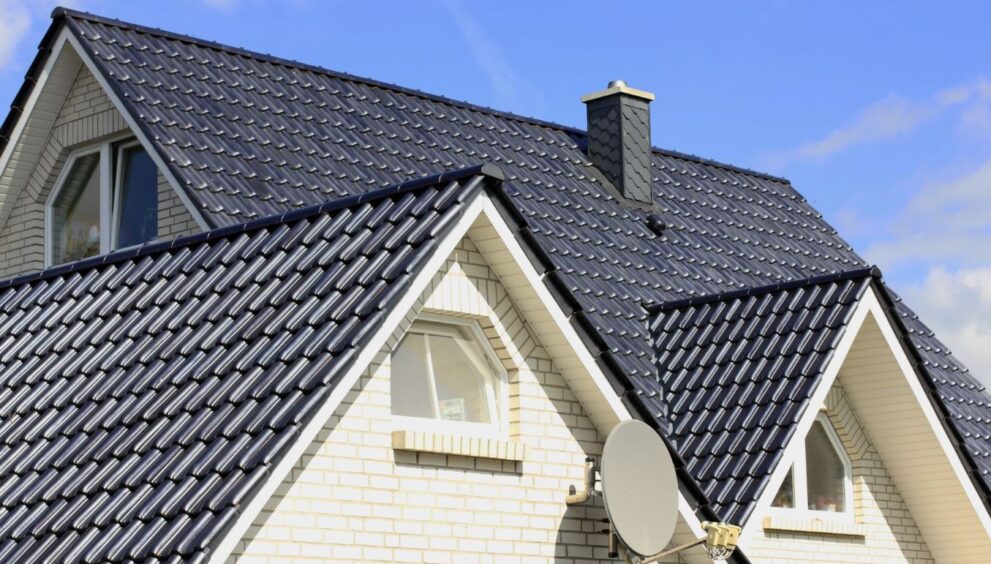
With energy costs on the rise and a growing focus on sustainability, many homeowners are looking for practical ways to reduce their energy bills without sacrificing comfort. One often-overlooked area that plays a major role in a home’s energy performance is the roof—specifically, the type of shingles you choose.
Asphalt shingles, long known for their affordability and durability, have evolved in recent years to offer significant improvements in energy efficiency. But not all asphalt shingles are created equal. With the right choice, you can make your home more energy-efficient, comfortable, and even environmentally friendly.
In this guide, we’ll explore how asphalt shingle roofs impact energy usage, what features to look for, and tips to get the best results from your roofing investment.
Why Energy Efficiency Starts at the Top
Your roof acts as the first line of defense against the elements. In summer, it can absorb large amounts of solar heat, causing your attic—and your entire home—to heat up. This extra heat forces your HVAC system to work harder, raising your energy bills.
In fact, according to the U.S. Department of Energy, a poorly insulated or dark-colored roof can cause attic temperatures to exceed 150°F, even when it’s only 90°F outside.
That’s where energy-efficient roofing comes in. By selecting the right kind of asphalt shingle, you can reflect more sunlight, reduce heat absorption, and lower your home’s internal temperature. The result? A cooler home in the summer, reduced energy consumption, and long-term savings.
What Makes Asphalt Shingles Energy-Efficient?
Not every asphalt shingle has the same impact on your energy bills. To improve energy performance, look for the following features:
- Solar Reflectance
Energy-efficient asphalt shingles are often coated with special reflective granules that bounce sunlight away instead of absorbing it. These are known as “cool roof” shingles and are ideal for sunny, warm climates.
- Color Matters
Lighter-colored shingles reflect more sunlight than darker ones. If you live in a hot climate, consider choosing beige, light gray, or white shingles to keep your roof cooler.
- ENERGY STAR® Certification
Look for asphalt shingles that carry the ENERGY STAR® label. These products meet strict reflectivity and durability standards set by the U.S. Environmental Protection Agency (EPA).
- Thermal Emittance
This measures how quickly a roof releases absorbed heat. High thermal emittance helps cool the roof more quickly once the sun sets.
Choosing the Right Asphalt Shingles for Your Climate
The ideal type of shingle depends on where you live. Let’s break it down by climate:
🔥 Hot, Sunny Climates (Southwest, Texas, Florida)
- Go for cool roof shingles with high solar reflectance.
- Choose light colors like white, tan, or pale gray.
- Look for Class 4 impact resistance for hail-prone areas.
❄️ Cooler or Mixed Climates (Midwest, Northeast)
- Moderate reflectivity is fine.
- Focus more on durability and insulation.
- Darker shingles may help absorb heat in the winter, reducing heating costs.
🌧️ Humid or Coastal Areas
- Choose shingles with algae-resistant coatings to prevent staining.
- Proper attic ventilation is crucial to prevent moisture buildup.
Best Energy-Efficient Asphalt Shingle Brands
Some manufacturers stand out for offering energy-smart shingles that don’t compromise on style or durability:
- GAF Timberline® Cool Series – ENERGY STAR-rated with high solar reflectivity.
- Owens Corning TruDefinition® Duration® Cool – Known for their durability and reflective granules.
- CertainTeed Landmark® Solaris – Offers a wide range of color options with cool roof technology.
When comparing options, review warranty terms, reflectivity ratings, and climate suitability.
More Than Just Shingles: Supporting Energy Efficiency
Even the best asphalt shingles won’t perform optimally if the rest of your roof system is lacking. Here’s what else you’ll need:
✔️ Proper Attic Insulation
Insulation helps keep your home cool in the summer and warm in the winter. It also reduces strain on your HVAC system, improving efficiency.
✔️ Adequate Ventilation
Ridge vents, soffit vents, and gable vents allow hot air to escape from the attic. This reduces heat buildup and prevents moisture-related damage.
✔️ Radiant Barrier
Installed under the roof deck, this foil-like material reflects heat away from the attic. It’s especially effective when paired with reflective asphalt shingles.
Energy Savings and Long-Term Benefits
Investing in energy-efficient asphalt shingles offers a number of financial and environmental advantages:
💰 Lower Utility Bills
Cool shingles can reduce roof surface temperature by up to 50°F. This translates into 15–20% less air conditioning usage during peak summer months.
🌱 Smaller Carbon Footprint
By using less energy, you reduce the demand on power plants, which helps lower greenhouse gas emissions.
🏠 Increased Home Value
Today’s homebuyers are more eco-conscious. Energy-efficient upgrades like roofing can improve your resale value and attract buyers faster.
💸 Potential Tax Credits or Incentives
Some states and utility companies offer rebates or tax incentives for installing ENERGY STAR-rated roofing materials. Always check with local programs before making a purchase.
Installation Tips for Maximum Efficiency
Whether you’re replacing your roof or building a new one, follow these expert guidelines:
- Hire certified roofing contractors with experience in energy-efficient installations.
- Ensure shingles are properly aligned, sealed, and ventilated.
- Don’t forget underlayment—use breathable, moisture-resistant materials.
- Request a roof inspection to identify problem areas that may be costing you energy.
Final Thoughts
Energy-efficient asphalt shingles are more than just a trendy home upgrade—they’re a smart long-term investment. By choosing the right shingles for your climate and ensuring a well-ventilated, insulated roofing system, you can significantly lower your energy bills and increase your home’s comfort year-round.
With the latest innovations in cool roof technology and ENERGY STAR-certified products, going green with asphalt shingles has never been easier—or more cost-effective.
Thinking about upgrading your roof? Talk to a local roofing professional today and explore the best energy-efficient asphalt shingle options for your home.


 English
English 









































